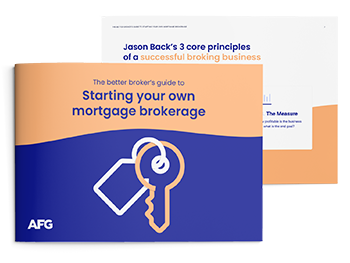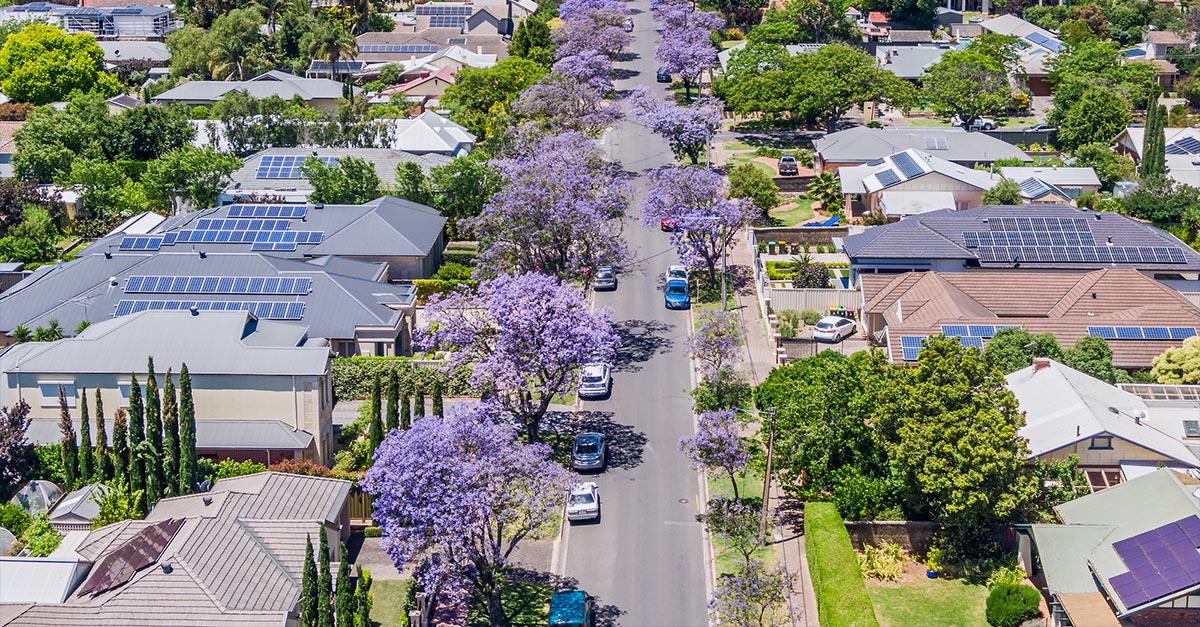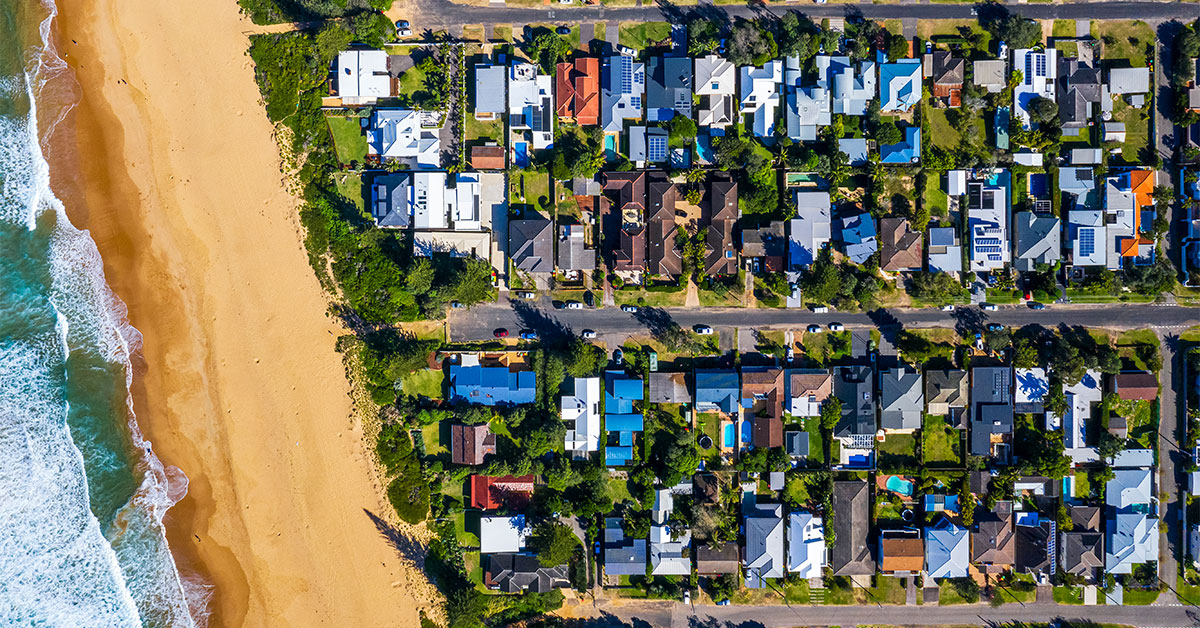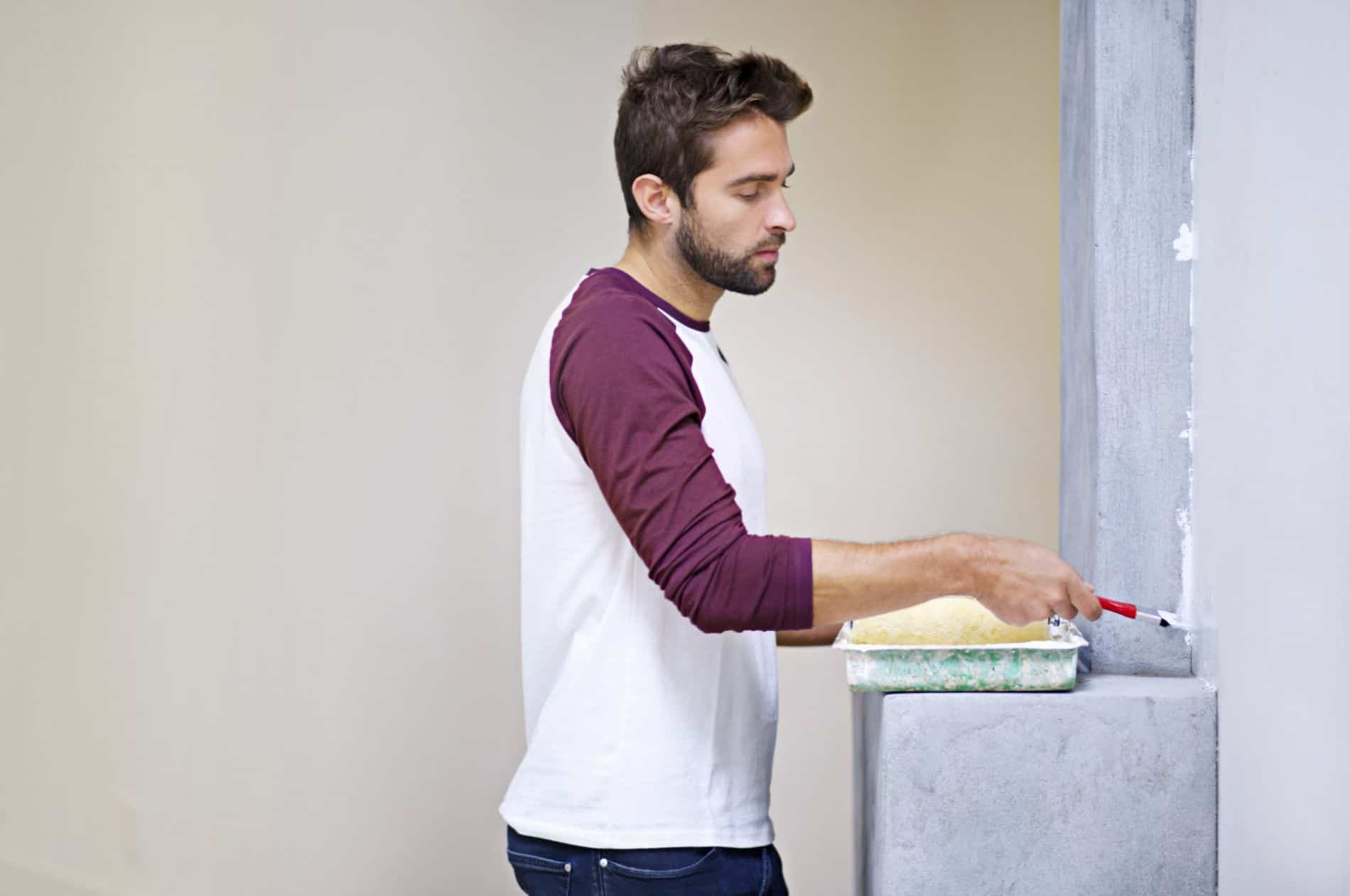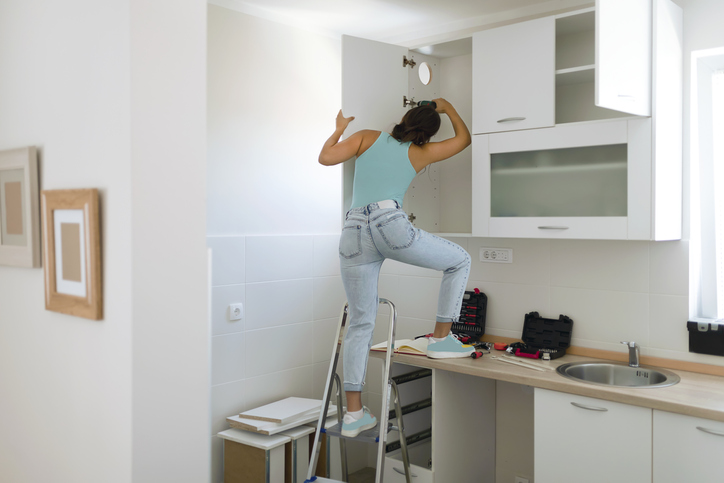Tired houses are a yawn for their occupants and potential buyers when the time comes to sell. We look at some of the simpler ways you can add value and give your home a new lease on life, without turning yours upside down.
Lighten up
Natural light not only makes rooms brighter and appear larger, studies have shown it can make us feel calmer, happier and be more productive. What’s more, daylight is one of the best value additions you can make to your home. For around $800, a skylight or solar tube will light up a small, dim room or hall. Let light into larger spaces by adding a larger skylight, widening windows, replacing a solid door with a glass-paned one or, to really open things up, knocking down a wall. Tearing down walls is obviously the more extreme option but not necessarily as expensive as you might think. Firstly, if it’s not a load-bearing wall (get a licensed builder to check) you could do most of the hard yakka yourself. If the wall is brick or helping hold up your roof, get a professional to remove it. Taking down an average room wall costs around $2,000, but additional structural supports, such as beams, could double that. Even if you do have to fork out extra, you’ll be getting plenty of bang for your buck all day, every day. You’ll be glad you saw the light!
Clear that clutter
Clean, clear spaces in a home are highly sought – perhaps as an antidote for our busy, crowded schedules. Storage is king, but don’t rush to install built-in wardrobes or build a bigger garage. Get ruthless with your clutter, first. Go room to room, cupboard to cupboard, drawer to drawer deciding what should be ditched, donated or doted on. A great rule of thumb for clothes and household items is if you haven’t used it (or seen it) for two years, it’s time to toss it. If, after paring down, you still feel you need extra storage, consider organising the garage. Where once we strewed bikes, tools and boxes of Elton John LPs around our parked cars, garages are now sporting hooks and nooks to clear floor space and keep excess stuff in a most orderly fashion. Hangers and racks to get things off the ground are sold at hardware stores from $20 upwards. Or you can spend $1,000s with a garage fit-out specialist to create a whole new room with maximum storage (and still space for the car).
Lay of the land
No longer just a slab of lawn out front and back, the yard and garden have morphed into our outdoor rooms. If like many of us, you’re not blessed with an eye for design and a green thumb, it’s well worth paying a landscape designer up to $2,000 to scope the layout and specify what plants or structures should go where. You may even save considerably on the design fee – if you don’t mind being a bit of a guinea pig – by getting a referral for a final-year landscape student from a TAFE college. Look to remove trees or other foliage that block light, fix any broken fences or gates, cut back on expansive lawns that need mowing by paving or decking the area instead and create privacy with suitable trees or fencing.
Full frontal
Yes, first impressions really do count! Front doors have never made a grander statement, so consider what your current one is saying about you. If it’s humdrum, look at widening the entrance and fitting it with double doors or one of the new wider, chunkier front doors. Frame your front door with something that says “welcome”, be it a stylish plant in a pot, a tasteful sculpture or a neat path trimmed symmetrically with ground cover plants. You may find your money is best spent even further out front with a driveway make-over. For around $10,000 you can get an old concrete driveway smoothed and stencil-sprayed.
Your own canvas
Perhaps the cheapest and least intrusive way to transform an interior is to repaint. Dark rooms can be made bigger and brighter with the right, light hue, while bland homes can make a bold statement with a striking feature wall. The best thing about painting (or perhaps it’s the worst) is that most of us can tackle at least a wall or two, leaving us with just the cost of paint, rollers, drop-cloths and brushes. Those who don’t have the patience or time will pay up to about $8,000 for a professional to paint an average size home. Whether you go DIY or hire a pro, you should consider spending an hour and about $200 with a colour consultant. They will come to you and, with a designer’s eye, recommend palettes for your various rooms. They generally have preferred painters but, providing you pay for the colourist’s time, they usually don’t mind if you hire someone else or get stuck in yourself.
Touch base
Once you have decided on your action plan, touch base with your broker about how your mortgage is looking and what finance options are available for your proposed renovations. Be they big or small, your broker is more than happy to talk to you about all the options on the table.


